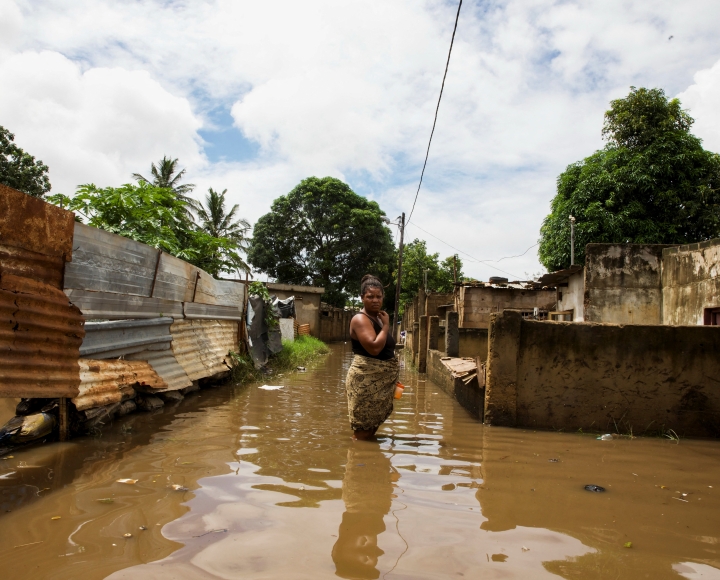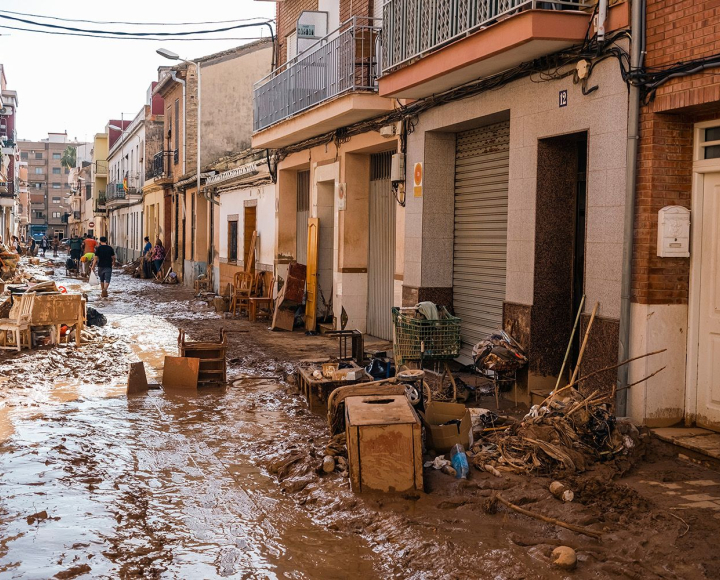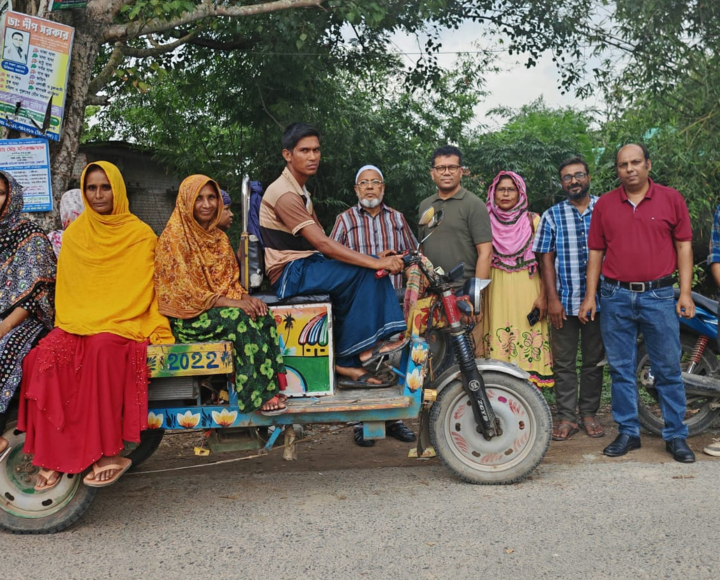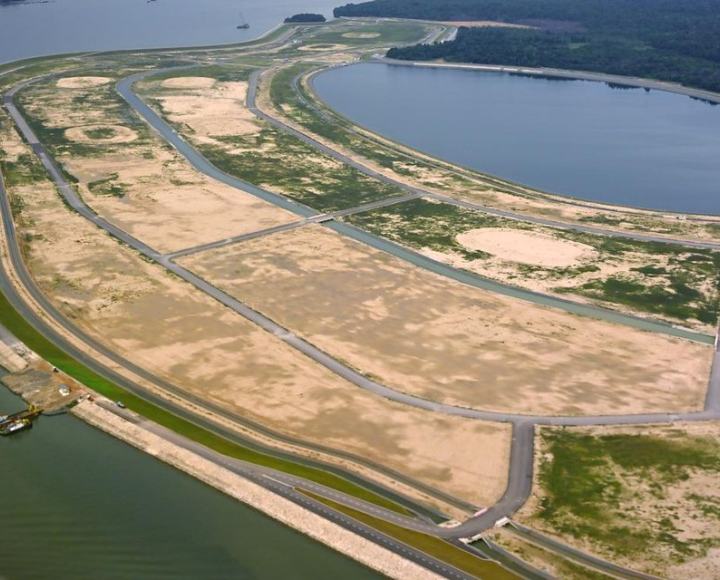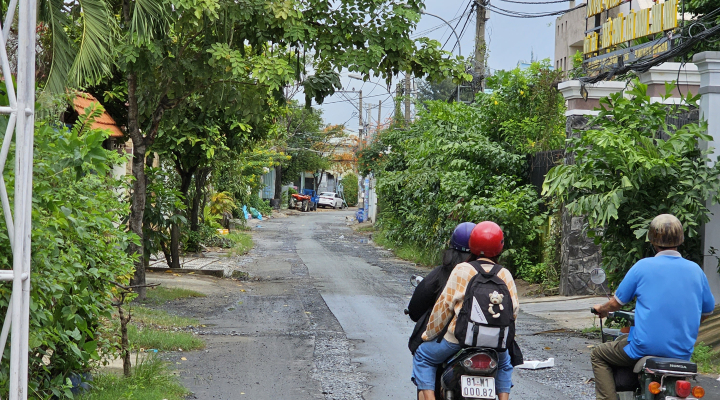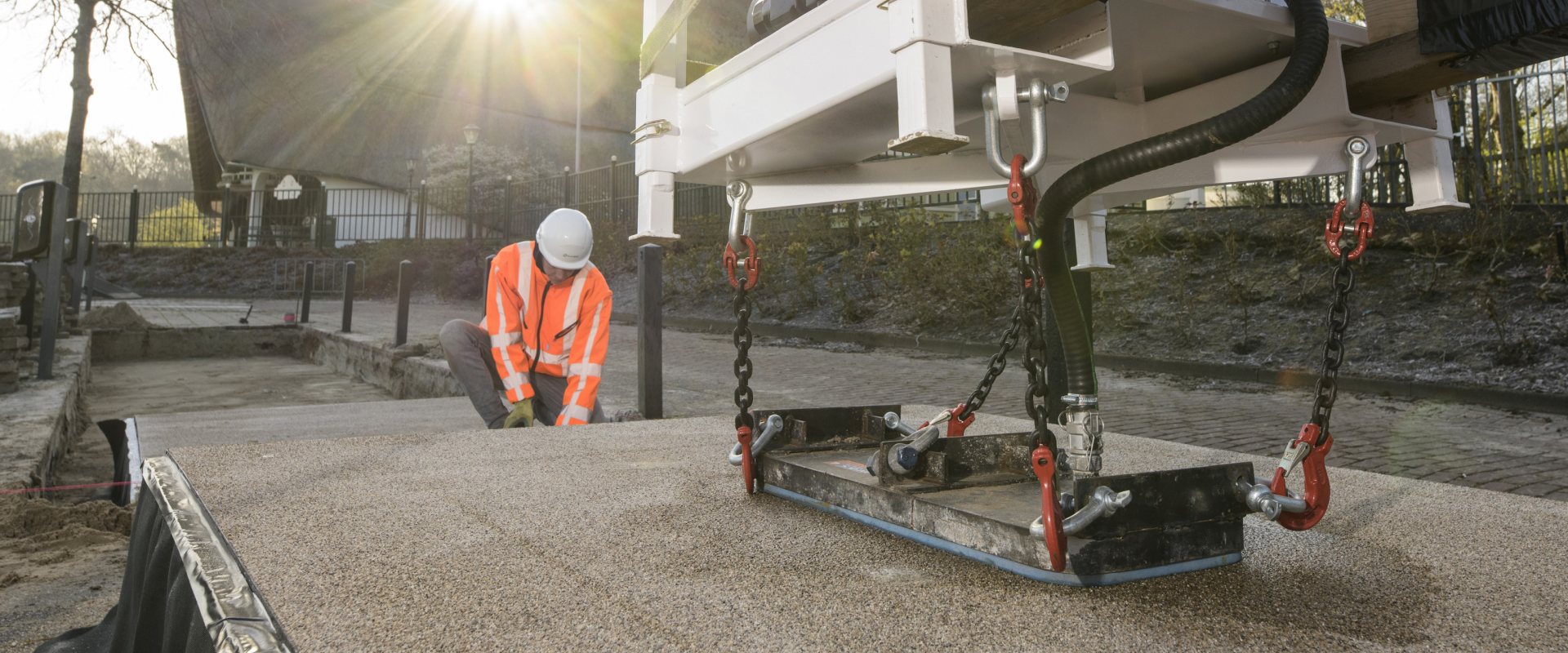
New PlasticRoad elements include storm water sewer
PlasticRoad announced the first construction of a plastic footpath with its new CCL300-version elements. The footpath leads to the entrance of the Efteling amusement park, the Netherlands, and can collect and treat the run off storm water.
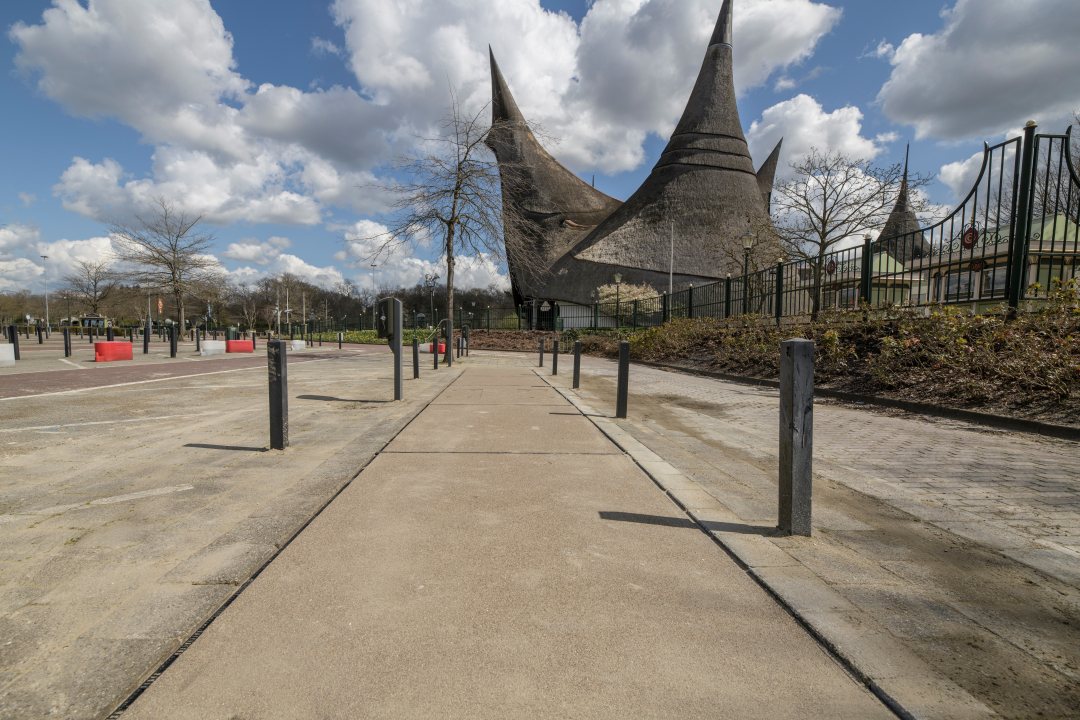

Replacement of storm water sewer
The announcement was made during the presentation of the company’s renewed product portfolio that includes the CCL200 and CCL300. Special about the CCL300-version is the bigger volume to store run off water underneath the surface and the double filter system to remove pollution. This makes the CCL300 suitable as a storm water system that catches rain water for local infiltrate.
This capability makes a dedicated storm sewer redundant and there is no longer the need to transport the storm water to a discharge location, either being a surface water body or a waste water treatment plant.
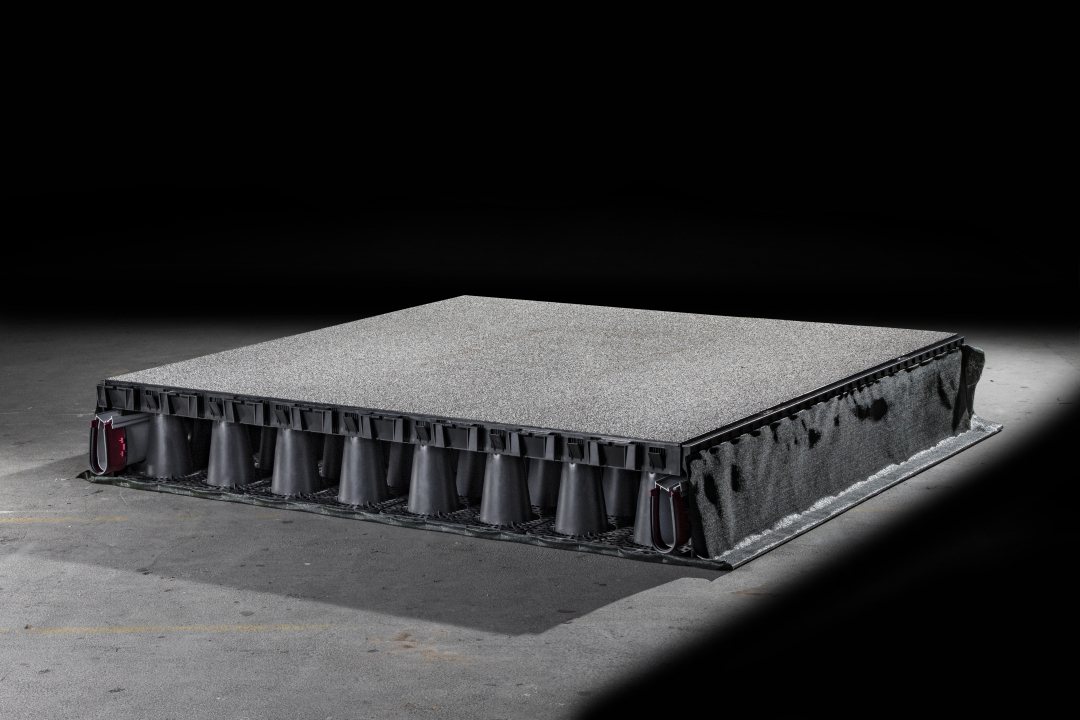

Prefab plastic road construction
Plastic Road developed a plastic prefab modular system to construct roads and cycle lanes that need no foundation. The elements are lightweight and can easily be fit together. Sensors can be included to check the road’s performance, temperature, and number of users.
In 2018 the first elements were put to the test as part of two cycle lanes in the Netherlands. Plastic Road used the experiences with these cycle lanes to improve its product. For instance, the new surface that consists of 100% recycled municipal plastic waste, has become even stronger and lighter – from 48 kg/m² to 40 kg/m².
Also the connectors have been improved so linking the elements during construction can be done more swiftly.
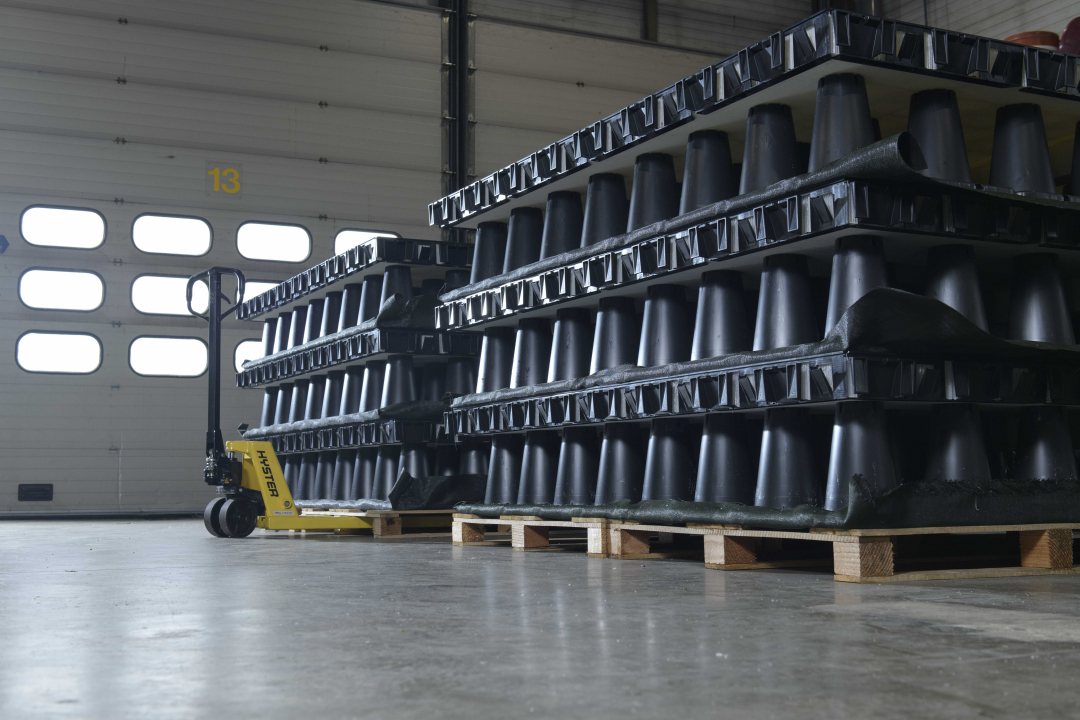

Filtration of runoff water
The CCL300 has been equipped with a filtration system to sieve the runoff water before it infiltrates in the soil. The first stage holds back the larger particles such as leaves. In a second stage, a more fine sieve, takes out the smaller particles. The sieves need special maintenance only once in three to five years.
According to PlasticRoad’s Managing Director Eric Kievit, the new portfolio offers infrastructure solutions for the effects of climate change, the circular economy and modern-day challenges in the area of infrastructure, like carbon emissions and time and space restrictions and associated costs in built-up areas when it comes to realising and maintaining infrastructure. The organisation recently had its first international pilot.
‘PlasticRoad has come a long way since its first product trials in 2018. Today we officially launched our circular, climate-adaptive and lightweight CCL products onto the market. These industrially produced products made from plastic waste are now commercially available, we are ready', Kievit said on the occasion of the launching event.
Roll out
Various new partners have joined the introduction of the innovative road construction concept. For example, part of the footpath leading to the entrance of the Efteling amusement park was realised using PlasticRoad’s new product CCL300. ‘At Efteling, we ultimately hope to become climate neutral, and both waste reduction and recycling play an important part in this endeavour. With this in mind, we embrace this initiative and are enthusiastic about partnering with PlasticRoad. It feels quite special to have a circular and innovative part of our footpath leading to our main entrance,’ says the park’s Team Lead for Administrative Affairs Wyke Smit.
In the period ahead, PlasticRoad expects the realisation of various new projects, with a focus on the Netherlands. The municipality of Almere will construct the first parking spaces and residential street. The municipality of Hardenberg has planned for the first car sharing location and on the campus of the Delft University of Technology a cycle lane is to be constructed with sensors. All projects are expected to start this summer.
PlasticRoad announced that ultimately it will roll out its product portfolio worldwide.




